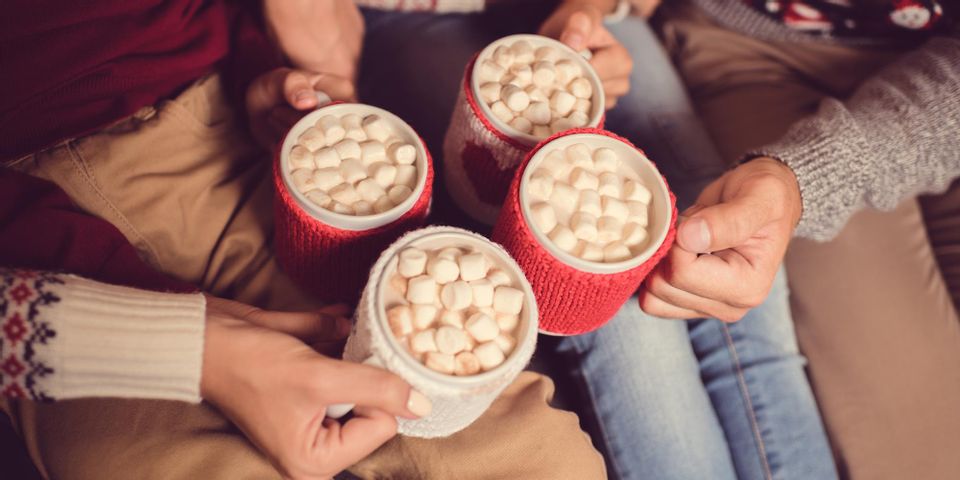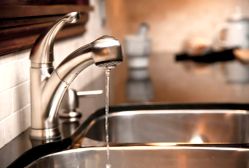
Frozen pipes are much more than an inconvenience. In addition to cutting off water flow through your plumbing, they can also cause major damage to your home and its fixtures, requiring extensive repairs as a result. While serious plumbing issues should be left to the professionals, there are a few key steps you can take to prevent your pipes from freezing in the first place.
How Can You Prevent Frozen Pipes in Your Home?
1. Keep Your Heat Set Above 50 Degrees
It’s tempting to set your heat low when your away from home, but doing so can cause your plumbing to freeze once temperatures outside drop. Instead, keep your thermostat set to 50 degrees or higher. If you’d like more control over your home heating, consider upgrading to a programmable thermostat.
2. Let Your Faucet Drip
 It isn’t ice that causes a frozen pipe to burst; rather, it’s the pressure that builds inside a pipe once the water freezes. Letting your faucet flow reduces this pressure and safeguards your pipes against freezing. You don’t need to leave your faucet on all during winter, but it’s a good idea to keep some water trickling when temperatures are due to drop below freezing.
It isn’t ice that causes a frozen pipe to burst; rather, it’s the pressure that builds inside a pipe once the water freezes. Letting your faucet flow reduces this pressure and safeguards your pipes against freezing. You don’t need to leave your faucet on all during winter, but it’s a good idea to keep some water trickling when temperatures are due to drop below freezing.
3. Keep Cabinet Doors Open
Sometimes a few degrees can make all the difference. Plumbing that’s inside cabinets can be shut away from heat. Depending on the weather outside, this can be the difference between running and frozen water. Leaving these cabinets open during winter ensures your pipes will be kept sufficiently warm.
If the winter is rough on your plumbing, get in touch with James Carboni Plumbing & Heating in North Franklin, CT. They help local clients with clogs, burst pipes, equipment installation, and even bathroom remodeling. To schedule service at your home or business, please call (860) 642-7847. Visit their website to see a full listing of their services.
About the Business
Have a question? Ask the experts!
Send your question

